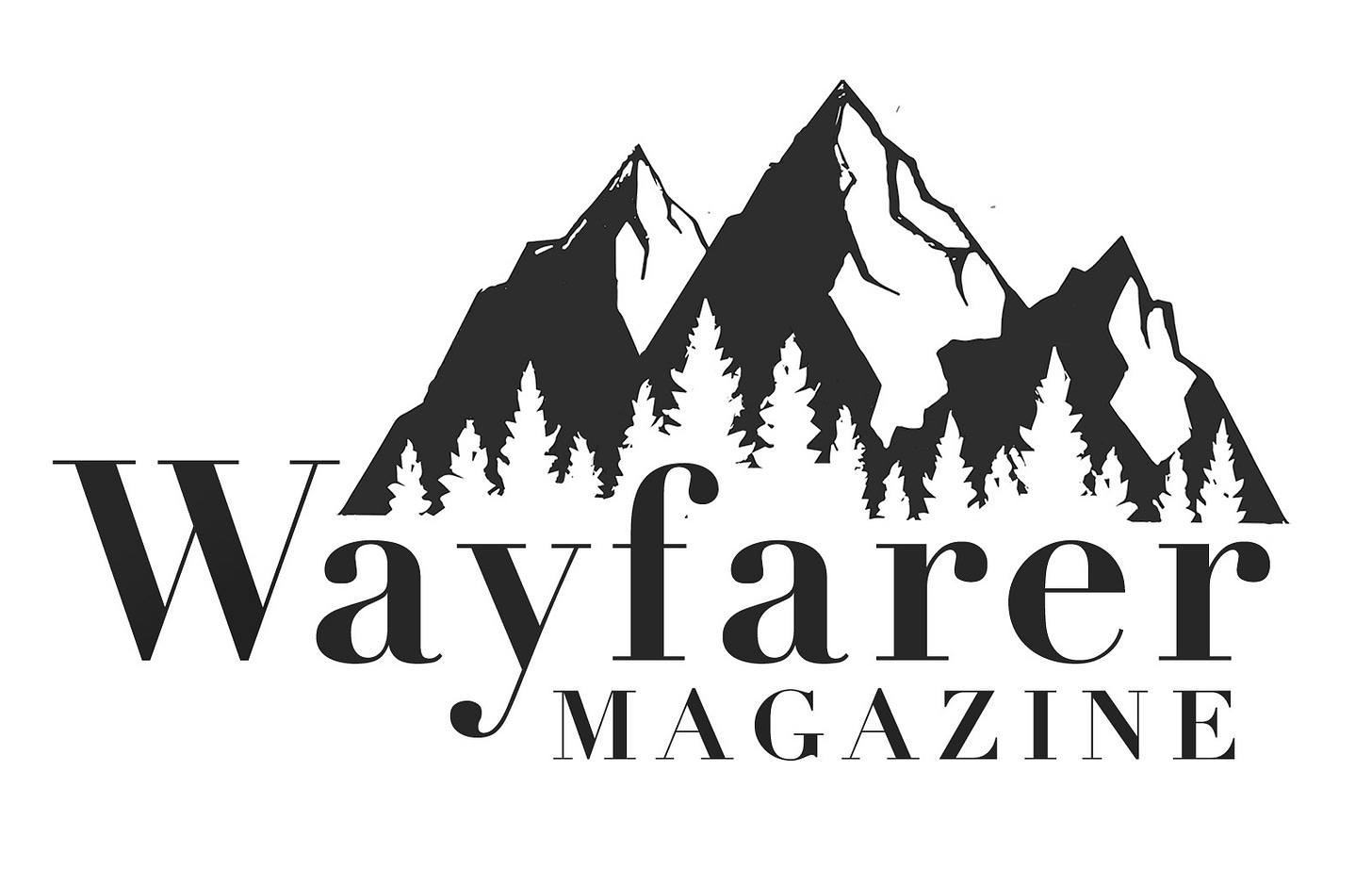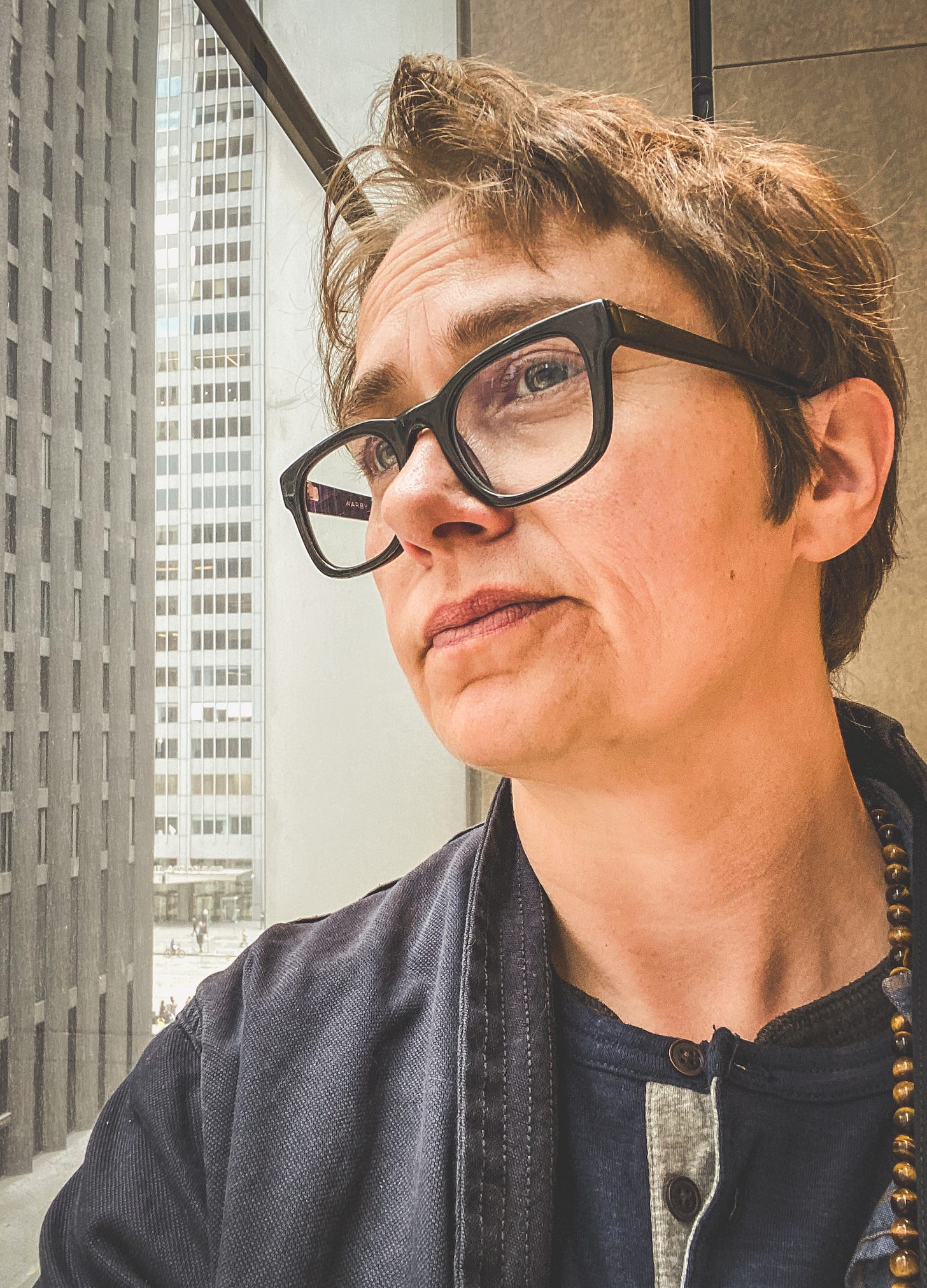At Wayfarer Magazine, we believe poetry is the language of the earth, a force that, like rivers through wild places, can change the shape of the world. We publish poets, writers, and renegades who stand outside of mainstream culture—voices fierce and unyielding, whose work might withstand the scrutiny of crows and coyotes, the crepuscular and the queer-at-heart.
Today, we face a world where fundamental rights and freedoms are under attack, and our mission has evolved to meet this urgent reality. With defiance and clarity, we stand against forces of oppression, using words as instruments of resistance. We seek to amplify voices that challenge bigotry, fascism, racism, and the suppression of marginalized communities.
Our books and publications are not just art, but acts of resilience and resistance—a map and compass for all who navigate wild terrain in the fight for justice. Wayfarer Books is more than a publisher; it is a community of storytellers, activists, and wayfarers, united in the belief that words can illuminate darkness, provoke change, and demand accountability from systems of power.
We welcome all who are willing to speak out, to challenge, and to celebrate humanity in all its diversity. Together, through the power of poetry and prose, we create a resilient voice that refuses to be silenced.
About the Staff
If we lived in safer times, this page would be filled with names and faces. We would introduce ourselves, share our bios, and tell you what brought each of us to this work. But we don’t live in safe times.
Wayfarer Books and Wayfarer Magazine are led by a small collective of writers and editors—many of us queer, trans, disabled, BIPOC, immigrant, or formerly incarcerated…. We publish voices from the margins because we live there too.
In this political climate, visibility can come with real danger. Trans people are being legislated out of public life. Books are being banned. Surveillance is growing. And those of us doing the work to preserve truth, art, and resistance must often do it from behind the curtain. So we’ve made the choice not to list our names here, not out of secrecy, but out of self-protection and care.
We are not invisible. We are simply not for display. Our work speaks for us. Our books, our magazine, our community—that’s where we leave our names. And if you're here reading this, you're part of it too.
—The Wayfarers
Founder & Editor-in-Chief
Connor Wolfe (they/them) is a writer, publisher, and advocate whose work spans over two decades and fourteen titles. Publishing from the margins of literary culture, Wolfe’s work has earned six Pushcart Prize nominations, the Gold Nautilus Medal for Poetry (2015), multiple Foreword Review Book Awards, and the Nautilus Silver Medal for Poetry (2022).
Wolfe is the founder of Wayfarer Books, an independent, trans-owned press committed to amplifying voices historically silenced by the mainstream. Their vision for literature as an act of resistance has shaped the press since its beginnings in 2011. Wolfe has served two terms (2016-2020) on the Board of Directors for the Independent Book Publishers Association - IBPA, delivered a TEDx Talk at Yale University, and completed a degree at Harvard University through grant-funded programs.
After coming out as nonbinary and trans, Wolfe stepped further into national conversations around mental illness, erasure, and creative survival. In 2024, Wolfe volunteered in the Collections Department of the Museum of Anthropology at Ghost Ranch, assisting in the preparation of sacred objects for repatriation under the revised Native American Graves Protection and Repatriation Act. After wintering off-grid in the high desert along the foothills of Cerro Pedernal, they are once again in motion, traveling through the San Juan Mountains with their three-legged black cat, momo.




